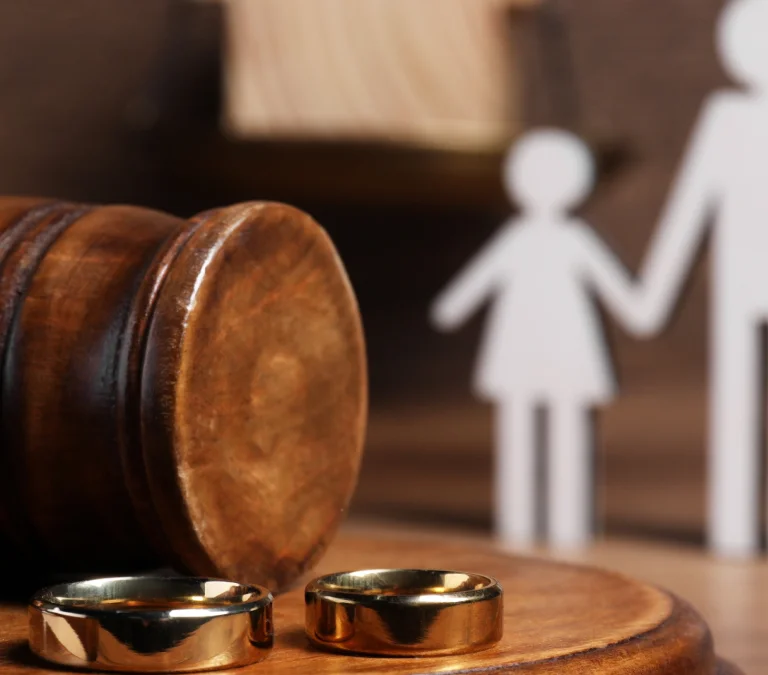Child Protection Attorneys Florence KY
A Careful Approach To Protecting Children’s And Parents’ Rights
In Kentucky, most cases involving alleged child abuse are called DNA actions, which stands for Dependency, Neglect or Abuse. Allegations of child abuse or neglect are extremely serious. They can result in the removal of your child from your home, cessation of your parental rights and criminal charges.
The experienced family law and criminal defense attorneys at Hoffman Walker & Knauf understand the sensitive nature of these cases. When we become involved in DNA cases, we always place a child’s best interests as the top priority. We also know that protecting parents’ rights is important. Authorities can impede those rights in the name of protecting a minor. We have the experience necessary to navigate the complexities of DNA cases and pursue the proper outcome that is in the child’s best interests.
If you face charges relating to child abuse or neglect, or if you are contemplating filing charges against someone else, contact Hoffman Walker & Knauf immediately to schedule a consultation.

How Allegations Of Abuse Or Neglect Are Handled
A case of abuse can arise when a parent or custodian either emotionally or physically injures the child, or that parent or custodian allows another person to emotionally or physically injure the child. Neglect or dependency cases involve a parent or custodian who doesn’t care for the child adequately.
When an act of child abuse, neglect or dependency is reported to the Cabinet for Health and Family Services (CHFS) or to law enforcement, CHFS workers from the specific county office will begin an investigation. This may involve home visits, parent or custodian interviews, interviewing the child or children, or even immediate emergency removal or temporary placement of the child outside of the family home.
If you feel like a child is in danger of immediate harm, you may be able to file an affidavit for an emergency custody order. A judge will review the affidavit to determine if the child is in danger of immediate harm. If so, the judge can order the child to be temporarily removed from the home and placed with a temporary custodian. The emergency custody order will usually only be effective for 72 hours, excluding weekends and holidays. After the 72-hour period, a temporary removal hearing will be held before the court.


